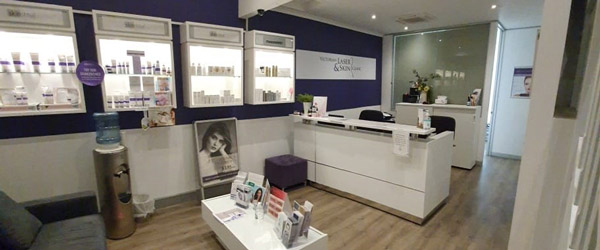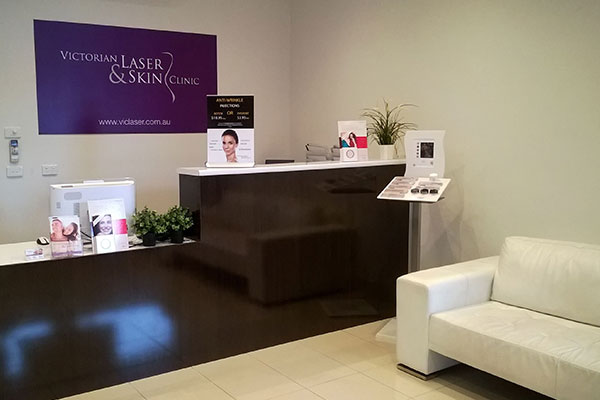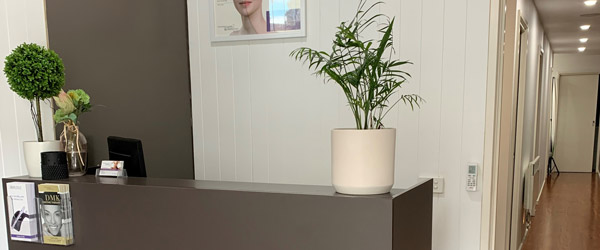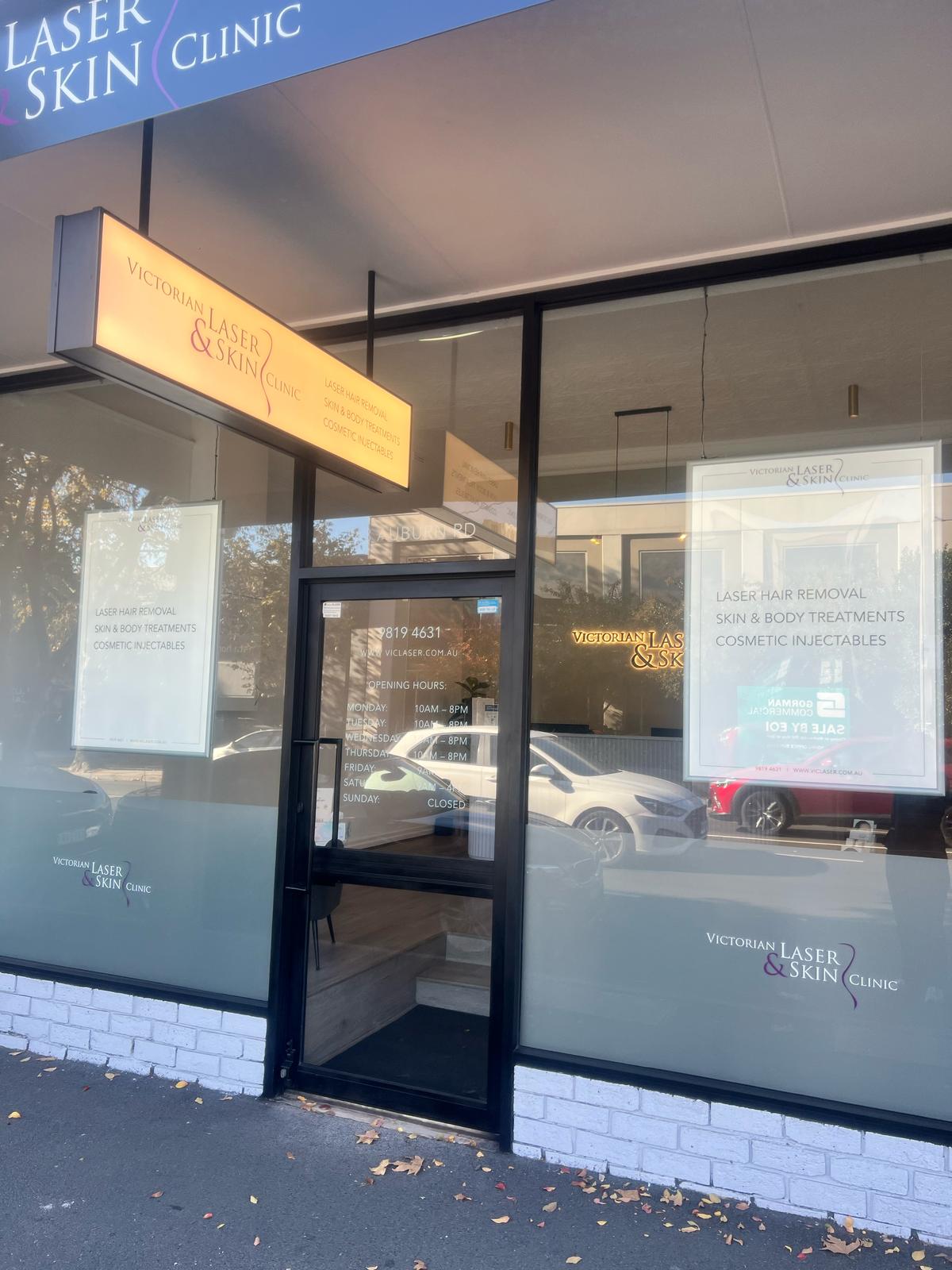How you can keep skin pigmentation at bay this summer
Having spotless and bright skin is a dream for many. There is an indescribable feeling of being beautiful when one has smooth, even toned skin, and this feeling is priceless. But there are many barriers that come in the way of this dream, and skin pigmentation is one of the most common ones. The start of the summer will only make this condition more pronounced.
The surprising cause of skin pigmentation
Also referred to as sun damage or hyper-pigmentation, sun exposure is one of the leading causes of skin pigmentation for most Australians. In fact, it is actually a result of our skin’s response to protect itself from the harmful effects of the sun. Surprised? Read on.
When our skin is exposed to UV rays from the sun, it tries to protect itself by producing the pigment melanin. This literally acts as a shield to protect the radiation from penetrating into the deeper layers of the skin, by absorbing the UV energy and diverting it away from healthy skin cells. When the skin is overexposed to the sun, our skin cells get damaged and trigger excess melanin production. The increase in the levels of this pigment results in tanning and dark spots, which are two types of skin pigmentation.
Hormones and certain medications can also play a role
Extreme hormonal changes during pregnancy and pre-menopause can also lead to hyper pigmentation in the form of melasma, which shows up in the form of pigmented splotches on the forehead, cheeks and neck areas. This is because of the excessive release of hormones in the body, which causes the skin to produce more melanin. If this is the cause, then the skin pigmentation should naturally begin to fade away a few months after your delivery or menopause, as the case may be. Sometimes, this is also due to genetic factors, so if it is a condition that runs in your family, you are likely to have it too.
What can you do to protect yourself?
Commonly affecting the face and the hands, one of the best ways to protect yourself from skin pigmentation is to prevent it! And the best way to do that is to use the right sun protection, even on cloudy days. It also helps to limit sun exposure by not staying out when it is too sunny, and wearing protective clothing, hats and sunglasses.
Apart from this, you can also do the following things at your end to keep skin pigmentation in check:
- Consume a nutritious diet, especially one that is rich in Vitamin A, C and E. Avoid caffeinated beverages, and increase fruits and vegetables in your diet, and have foods that give you an antioxidant boost. The right nutrition will serve as the building blocks for healthy skin cells.
- Get adequate sleep. This one is also important, as it allows the body and mind to rest and rejuvenate. This reduces the levels of the stress hormone cortisol, which would otherwise stimulate melanin production, resulting in hyperpigmentation.
- Do a regular detox.This helps to clear away accumulated toxins, and can have a surprisingly clarifying effect on the skin.
While these are preventative measures, sometimes, there is only so much you can do. If you do have skin pigmentation and would like to treat it, Victorian Laser & Skin Clinic offers many ways you can treat this condition.
- Laser Pigmentation Removal
- Enzyme Therapy
- Chemical Peels
The choice of treatment will depend upon your skin condition, as well as the cause of skin pigmentation. Call us for a free, no obligation consultation on the different treatment options for skin pigmentation, which are suitable for you.









